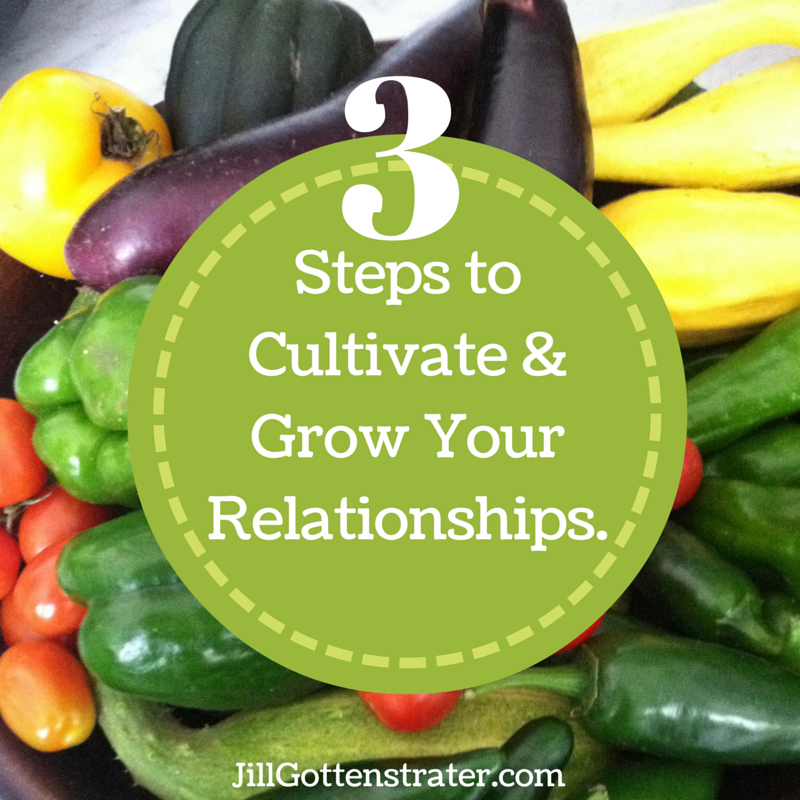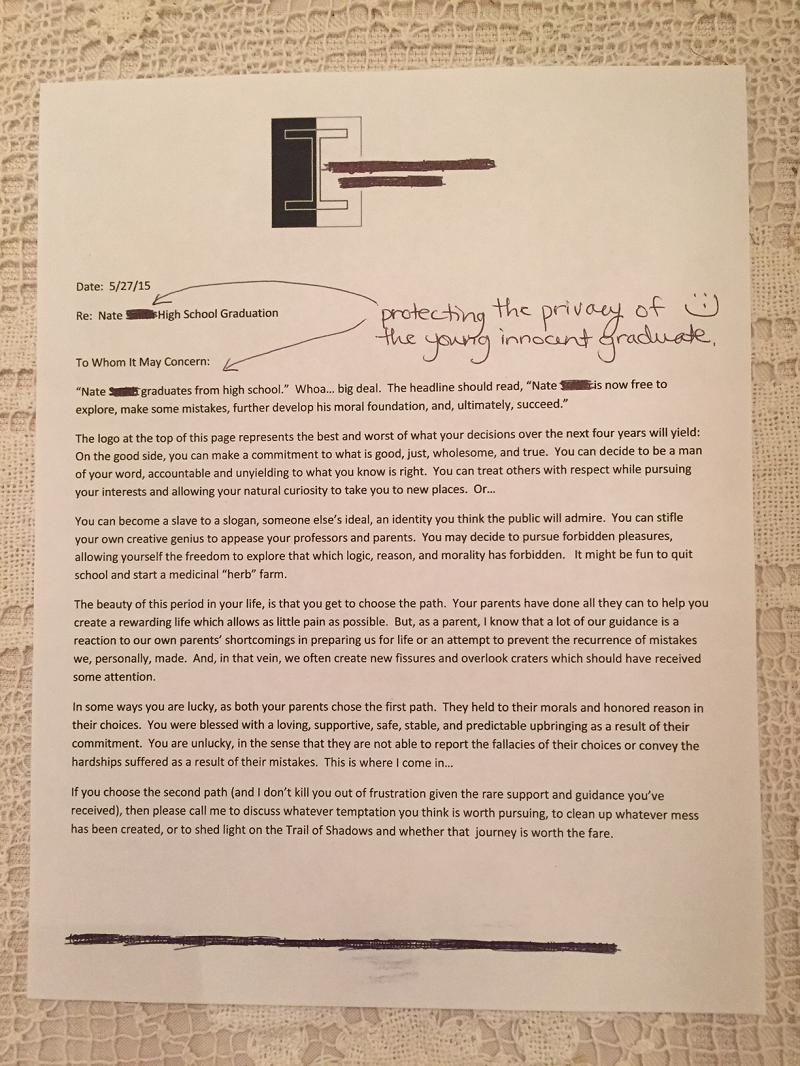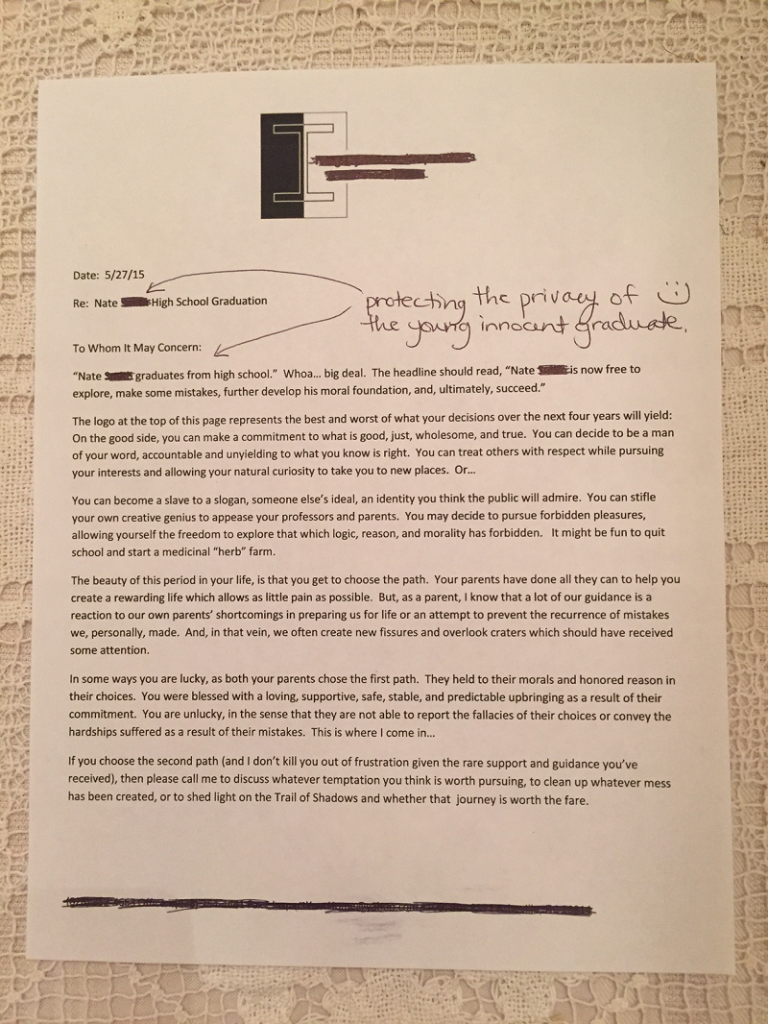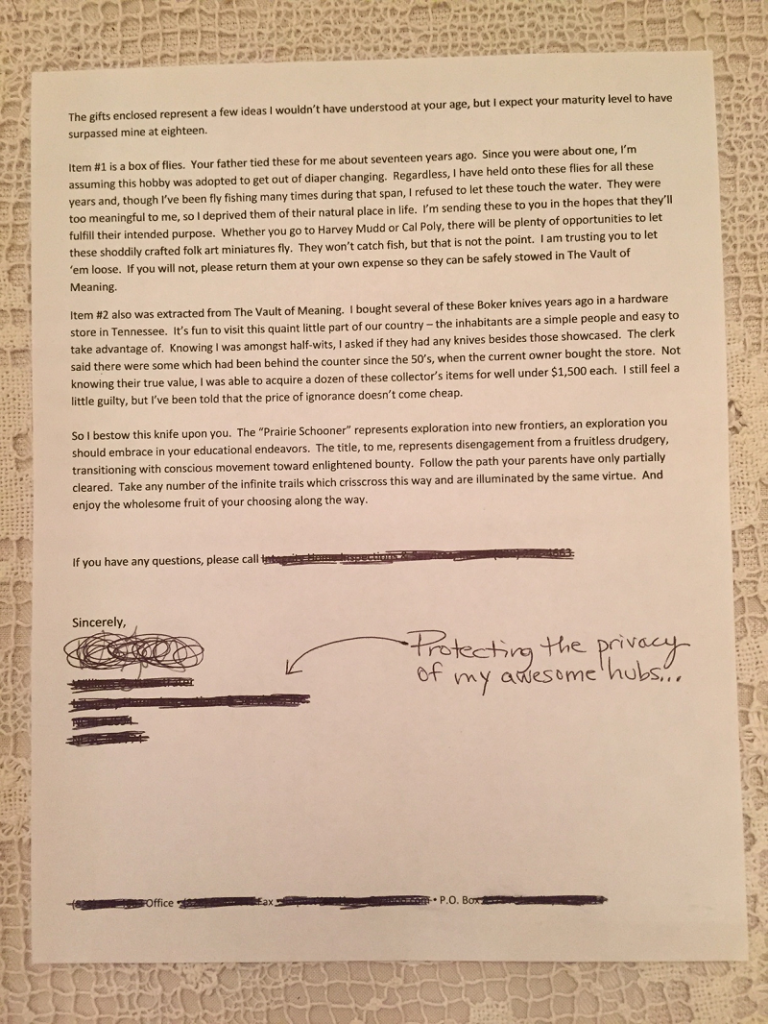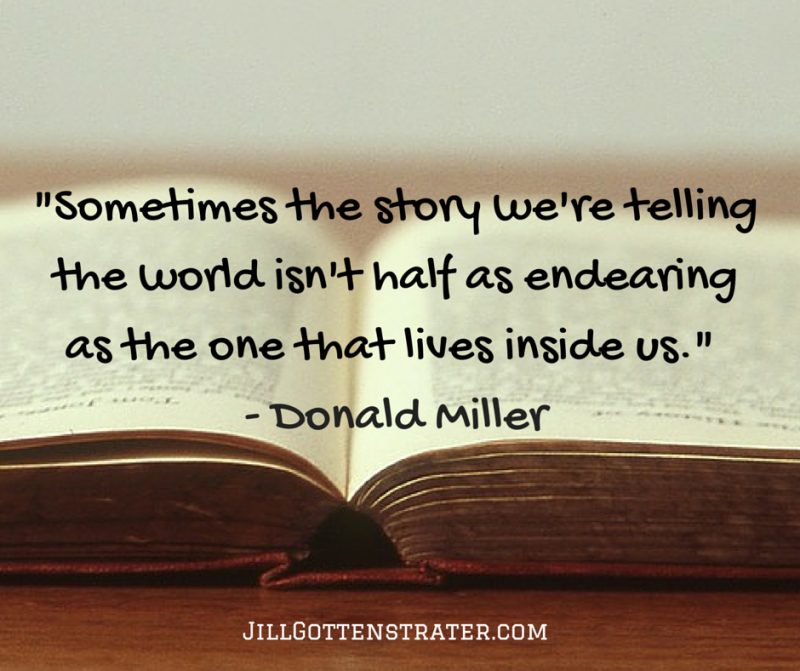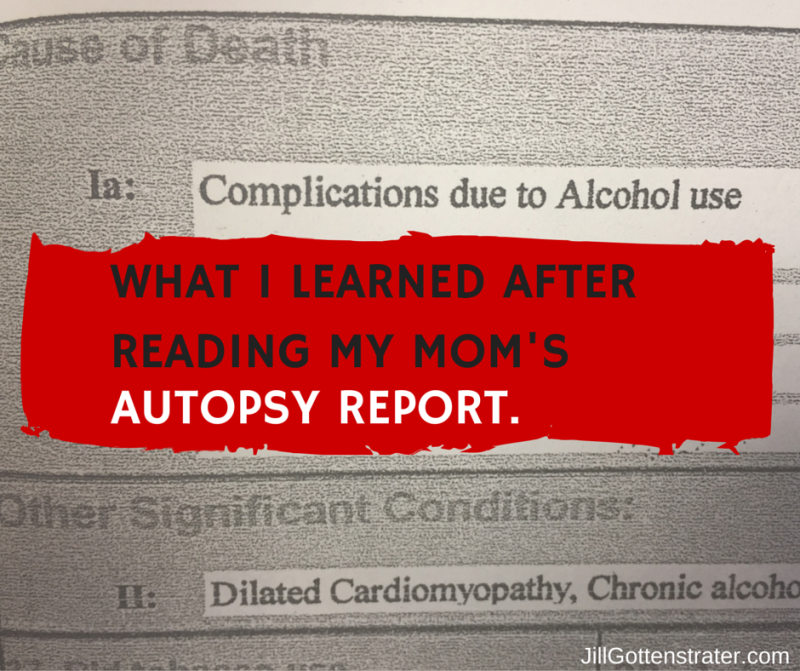Removing Limiting Beliefs From Your Life
There’s a story in the Bible about a man named Moses who, one day, God personally asked to go talk to the leader of Egypt (who, by the way, was not the most friendly fella) and ask him to release His (God’s) people. These people (some say as many as 2 million) from Israel had been in captivity for 400 years and had become slaves in this country, so chances are this leader was probably not just gonna let them go on their merry way without a fight.
As you can imagine, Moses gave every excuse in the book as to why he shouldn’t/couldn’t do this for God. I’m sure he was nervous to approach the leader of this country, but Hello!! — the one and only Almighty God was asking him to do this– this wasn’t just some friend asking for a favor!
Fear and insecurity got the best of Moses, so, to help out with that, God showed him some amazing miracles he could perform that would prove God had sent him, in case the leader didn’t believe him. After all this, Moses, all set for success, pulled out yet another reason why he shouldn’t be the one to perform this task. Here’s what he said, “O Lord, I’m not very good with words. I never have been, and I’m not now, even though you have spoken to me. I get tongue-tied, and my words get tangled.” This is where I imagine Moses is getting on God’s very last nerve, but God, in all His grace, decided to let Moses’ brother Aaron go along with him to be his mouthpiece.
The story goes on and it’s a doozy (Moses and Aaron do complete their task, by the way), but what I’d like to point out about this story is what Moses was experiencing that day—a case of limiting beliefs.
Limiting beliefs.
We all experience them. Sometimes things we’d like to do just don’t seem possible. We may have an idea that goes against all logic, so we put it behind us before giving it a fair shot. We ultimately convince ourselves that we don’t have the capacity to achieve certain things, even though we very well may be able to.
The reason I use Moses as an example here is because if a guy, that the God of the Universe was audibly asking to do something, and telling him He would help him with the task, still couldn’t believe in himself, then we are all certainly bound to experience a limiting belief or two from time to time.
Limiting beliefs dictate how we think, how we feel, and how we behave. The power they have over our lives can be immensely defeating.
First, let’s take a look at some typical statements that cue limiting beliefs and then we’ll discuss several ways to overcome these beliefs so that each of us is striving to live our fullest potential.
LIMITING BELIEF STATEMENT CUES:
I could never…
I’m not good enough to…
I’m not smart enough to…
I don’t have enough time to…
I shouldn’t…
I’m not skilled enough to…
I wouldn’t know how to start, so…
I don’t have enough money to…
I don’t have a college degree, so…
I don’t deserve to…
I don’t know how to __________, so I can’t…
I’m too old to…
I’m worthless.
Read through those again. Does one in particular look familiar? Have you used any of these statements in the past? Are you using them now?
Let’s take a look at six ways to overcome the limiting beliefs that may be hindering you from reaching your fullest potential.
OVERCOMING LIMITING BELIEFS
Learn from past failures. Don’t allow past failures to dictate your present or your future. These failures and mistakes should be used as prime opportunities to learn and grow. Haven’t you noticed how the biggest lessons you’ve learned in life have come from being on the other side of a bad decision? The key is to be able to pinpoint what went wrong and how it could be done differently in the future. Learn, grow, and give yourself a little grace, friends.
Replace negative voices in your head with positive affirmations. You know these darn voices have a way of creeping in and making you feel “less than,” or even worse, “less-than less than.” Because these are involuntary voices, we not only want to be reactive (say something affirming to yourself the second the voice pops up), but we should be proactive as well, by stating positive affirmations every day, regardless of how you’re feeling that day.
Another approach could be to ask a question directed at the negative voice. For example, let’s say my inner-voice said, “You are terrible at writing! Who would want to read what you have to say??” I could come back with the following question for myself: “Have I ever helped anyone with the content on my blog?” My answer would be “yes,” so that helps to shoot down or point out the lie the negative voice is projecting.
NOTE: I wrote an article titled, “How to Stop Your Negative Self Talk From Bullying You.” In it, I discuss the impact of negative self-talk and four specific ways to overcome your own voice when it bullys you — click here to read.
Let go of the naysayers in your life. You probably have someone that comes to mind immediately, as you read this. There are people who have a tendency to either suck the life out of you or see everything through a negative lens. I firmly believe you should cut out or at least substantially minimize your interactions with these type of people. If you don’t, they’ll weigh you down and limit your potential for positive growth.
Invite emotionally healthy people in your life. As some relationships fall away, others will blossom and grow. Jim Rohn always said, “You are the average of the five people you spend the most time with.” Makes sense doesn’t it? Who do you spend time with? Who are the top “influencers” in your life? When we surround ourselves with people we respect and admire, they’re bound to rub off on us, right? Yes, they will, and hopefully you’ll rub off on them too. : ) Iron sharpens iron, friends!
Don’t be afraid to step out of your comfort zone. It’s when we step out of our comfort zone that we are able to experience real growth. It doesn’t have to be a HUGE step either—small steps allow us to ease into new things without fear taking hold and throwing us back.
Obviously, you don’t want to live in a constant state of being outside your comfort zone—there is much good that takes place in the comfy zone too! Find a good balance and think about the steps you take as adventures and growth opportunities.
Practice gratitude verbally or in written form every single day. Expressing gratitude is associated with greater happiness, and when you make it a daily habit, the benefits are 100-fold! Whether you write three things down each day in a journal or you say them out loud, your perspective on life will change. You’ll become aware of the little things in life that we oftentimes take for granted, and by becoming aware of these things, you will experience more joy in your life.
I urge you to take steps today to begin the work of overcoming the limiting beliefs in your life. Don’t let the “I don’t have time” belief take you away from this! You deserve better.
As always, I appreciate you hanging out with me today.
Jill xx
P.S. If you’ve found this post helpful, would you please share with those you care about?
Also, if you’re not subscribed to my blog, don’t leave without doing so. It’s free, and you’ll receive a new post delivered right into your email inbox every Saturday morning.



